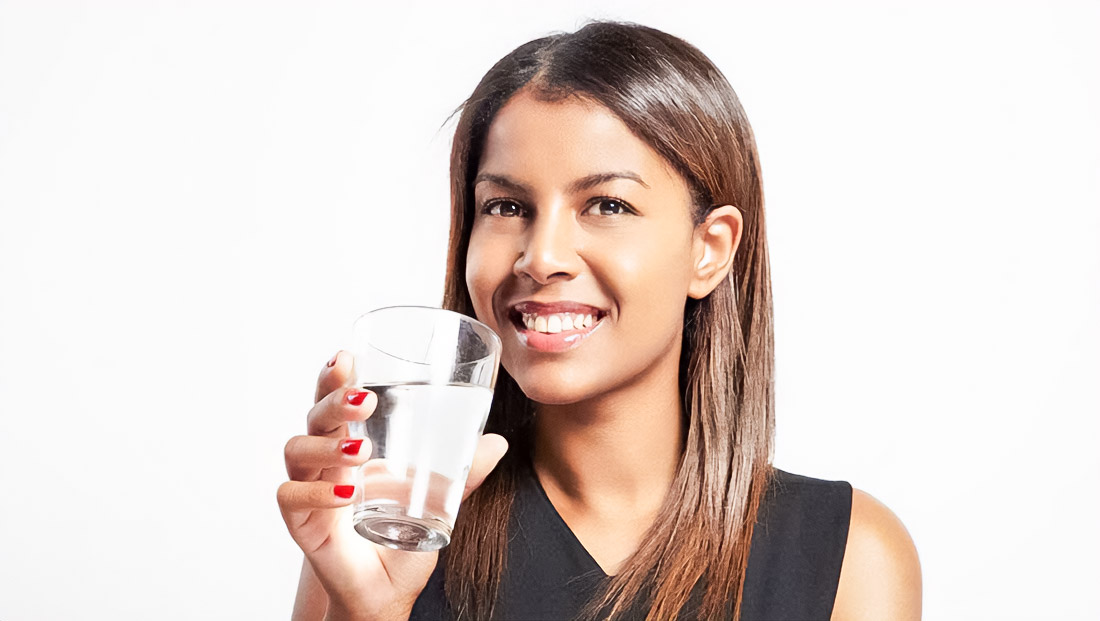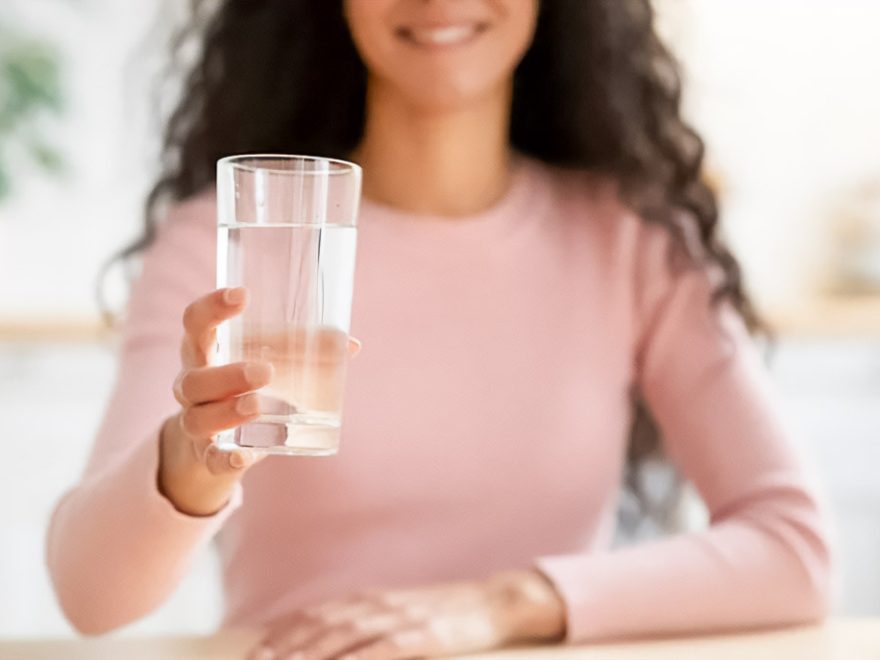As temperatures climb to 50 °C in summer and annual rainfall stays under 200 mm, supplying the population with safe drinking water has consistently been a critical priority.
Although Dubai desalinate 99% of its water from seawater, many residents still wonder if drinking tap water is safe or worth it. These worries are natural. Even water that meets international standards can taste or smell bad because of old pipes, storage tanks, or high mineral levels.
Water Sources and Purification Stages

Tap water in Dubai mostly comes from desalinated seawater from the Persian Gulf. Major facilities, like the Taweelah Reverse Osmosis Plant in Abu Dhabi, generate hundreds of thousands of cubic meters of fresh water daily to support a rapidly growing population. Desalination is carried out through membrane filtration and reverse osmosis technology. These methods enable the removal of salts and chemical impurities without using high temperatures. However, this method has a drawback. After treatment, concentrated salt brine remains and must be disposed of carefully to prevent damage to marine ecosystems.
During the process of turning salt water into freshwater, the water goes through multiple disinfection stages, including chlorine treatment. Chlorine reliably eliminates bacteria and organisms like Legionella, although it imparts a different taste. Nevertheless, it is crucial for protecting health and meeting WHO safety standards.
Pollution and Risks

Even after multi-stage purification, the water may become polluted again on the way from the plant to the tap. Old pipes and poorly maintained tanks often introduce chemical toxins, heavy metals, and microbial pollutants. For instance, the water may contain traces of lead, mercury, or nitrates. They cannot be removed by simple boiling. Experts warn that you should not rely only on boiling. This process kills germs but does not reduce the concentration of heavy metals and other chemicals.
There is another important factor — temperature. In desert conditions, tap water is heated to at least room temperature. It is unpleasant to drink, and the high temperature encourages bacteria growth inside pipes and tanks. To detect any deviations in time, experts recommend conducting laboratory water tests at least once every 6–12 months.
Bottled Water: An Expensive Alternative

Research shows that, on average, every resident of the UAE drinks more than 285 liters of bottled water annually. This is about 50 times more expensive than using purified tap water. At the same time, about 9 out of 10 bottled water brands are essentially the same filtered tap water. Mass consumption of bottles creates huge amounts of plastic waste and increases the carbon footprint because plastic production and transportation require a lot of energy. As part of the Water Safety Strategy, the authorities plan to reduce water demand by 21% and increase the reuse of treated wastewater to 95% by 2036.
Why Has Filtering Become the Best Choice?
Since 83% of the region’s population is experiencing a shortage of fresh water, more and more people are installing home water filtration systems. Such systems combine different technologies: carbon filters remove the smell of chlorine and unpleasant taste, membrane elements retain salts and heavy metals, and ultraviolet light destroys bacteria and viruses.
A significant advantage of modern water purification systems is that they solve the problem of mineralization. A modified mineral composition and high hardness characterize desalinated water. This affects the taste and negatively affects the skin and hair. Using multiple purification stages makes the water less hard and more pleasant for consumption.
Additionally, high-quality filtration reduces the risk of heavy metal accumulation, such as lead or mercury, in the human body. It also minimizes the entry of toxins that can leach out of old pipes.
Regular Maintenance Is the Basis of Safety
Many people forget that even the latest filtration systems need maintenance. It is important to replace cartridges and membranes on schedule, flush tanks, and clean filters from buildup. Such actions prevent biofilm formation and bacterial growth. Experts recommend inspecting and servicing the equipment at least twice a year. For families with children or elderly members, more frequent maintenance is a sensible safety measure.
Conclusion
Dubai’s tap water undergoes purification via desalination, filtration, and chlorination; however, aging pipes, tanks, and the climate present potential hazards. Routine testing combined with modern filtration offers a practical solution for those seeking clean water free from unpleasant flavors, odors, or excessive minerals.
Access to clean water at home supports family health and environmental protection. When you set up reliable filters, you use less plastic, shrink your carbon footprint, and make tap water both safe and enjoyable.

I am an Administrative Assistant with eight years of experience working alongside the executive team of a Fortune 500 company.
